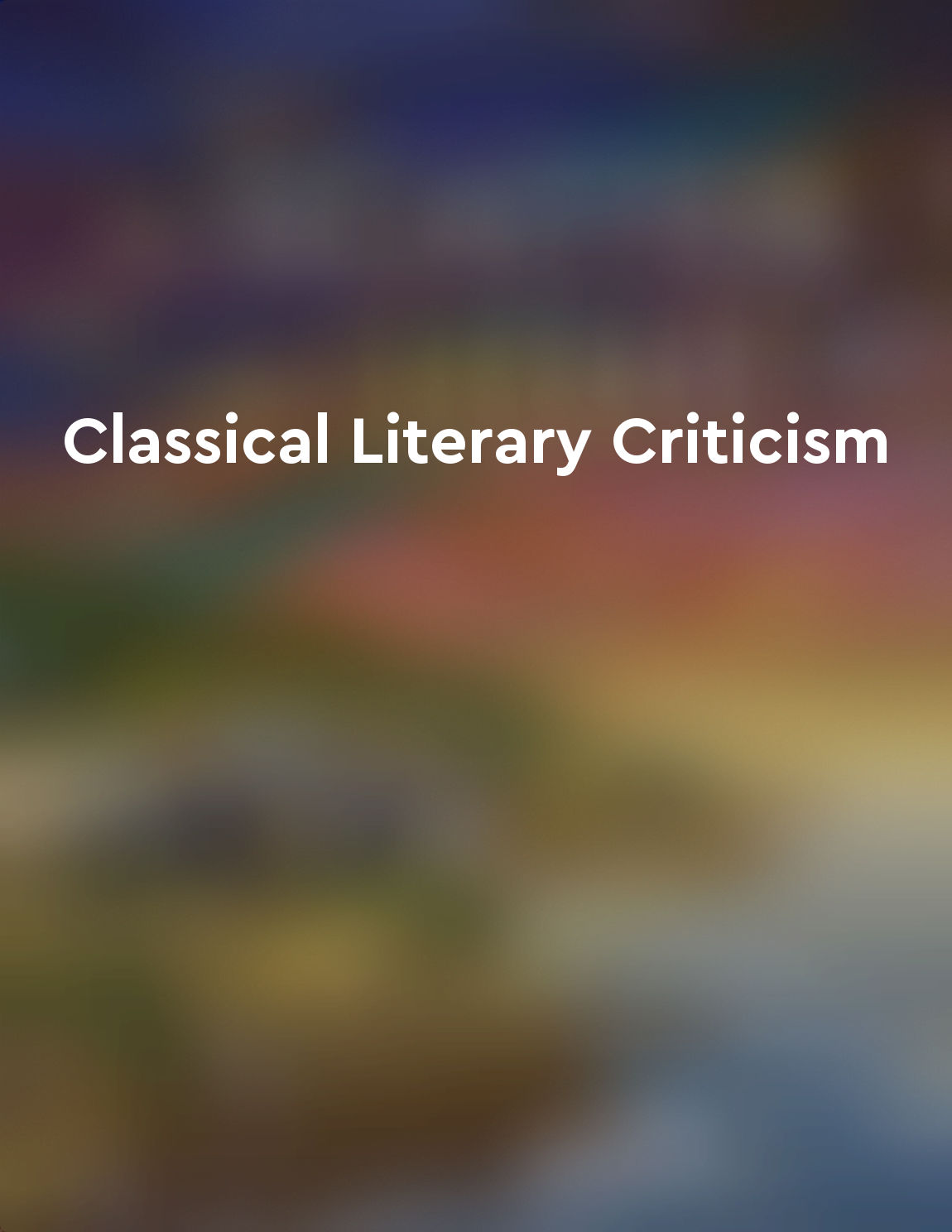Horace & his Ars Poetica from "summary" of Classical Literary Criticism by
The "Ars Poetica" by the Roman poet Horace is an important work from antiquity that provides an insightful look into the craft of poetry. Through his own experiences and observations, Horace gives advice on the qualities needed to create a great poem and the pitfalls of bad poetry.- Horace is an illustrious Roman poet and his Ars Poetica was the first of its kind in Ancient Rome. It outlines how a poem should be structured, what elements to include, and the ethical responsibilities of the author.
- Ultimately, Horace’s lyrical poems were profound reflections on thoughts ranging from personal morality to the complexities of politics of his time. By writing Ars Poetica, he wrote the definitive guide to using art for deeper reflection.
- Horace believed artistic expression was more than mere imitation or entertainment – it should belong to a higher purpose. He saw poetry as a powerful tool for instilling moral values in society.
- In Ars Poetica, Horace applied Aristotle's idea of ethics and poetics to the poetic form. He claimed that it was essential for any genuine work of art to please as well as instruct.
- Throughout the text, Horace places importance on nature over artificiality, arguing that real emotion should always come first. As such, he suggests refraining from bombast, pointless ornamentation, and excessive verbiage.
- Horace set the standard for many poets that came after him and his writings continue to have resonance today. His timeless teachings echo essential lessons about humanity and capture a timeless truth that will never fail to remind us of the power of great literature.


